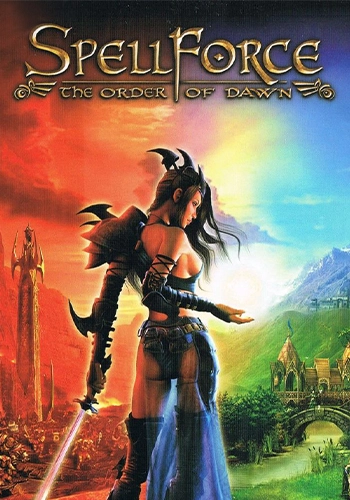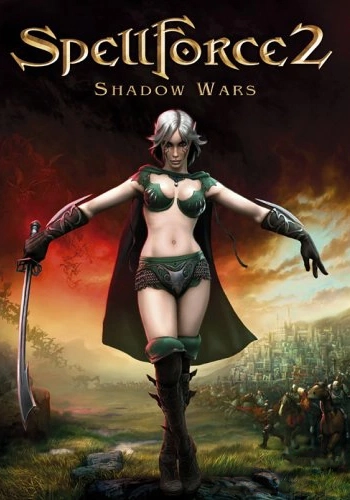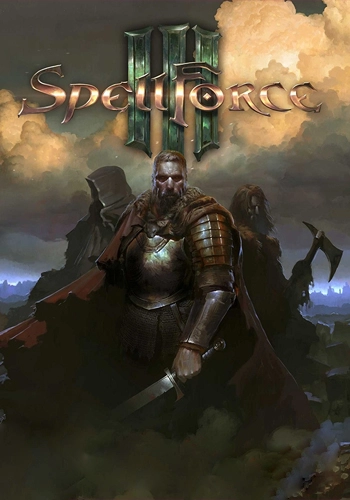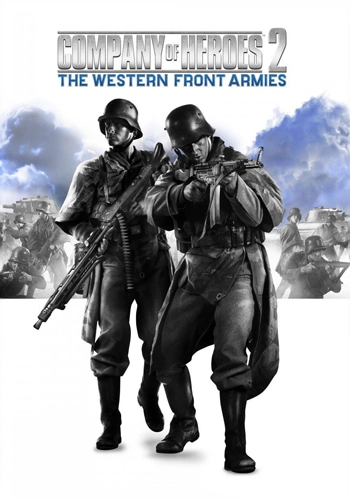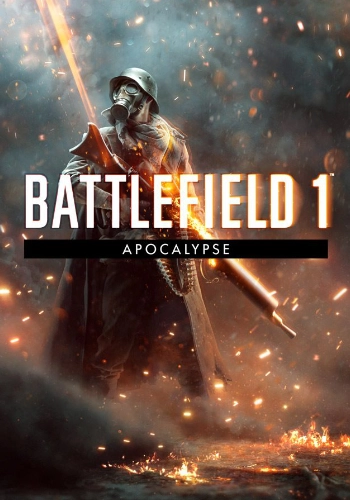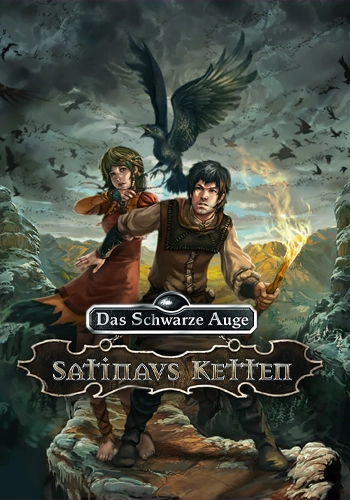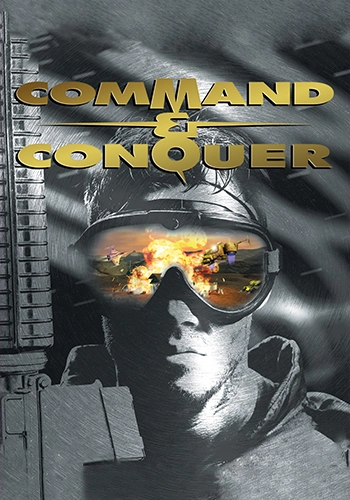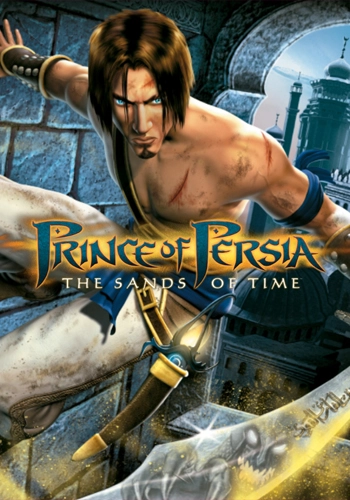SpellForce 2: Demons of the Past
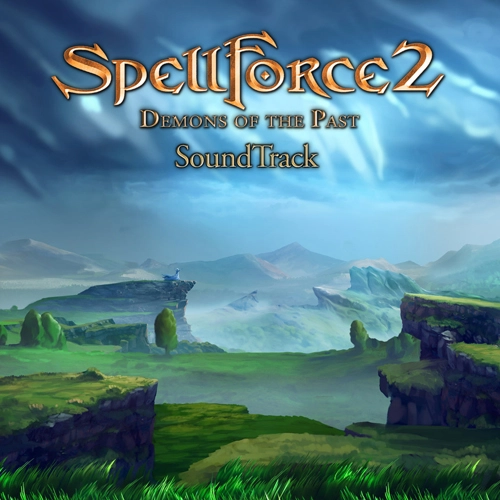
A score for the past
As already mentioned, the music for the last expansion is also by Josef Altersberger and builds on his strengths - which is really remarkable considering their absence. Even if he is still nowhere near the works of Langer and Sillescu, a certain improvement is noticeable. The tracks seem a little more powerful, bolder. With Realm of the GodsJosef Altersberger there is even a bit of a Pirates of the Caribbean-vibe. Does this give us Hans Zimmer instead of Howard Shore? Not by a long shot.
Instead, the OST reaches a lower genre standard, which is a welcome upgrade compared to Faith in Destiny . Nevertheless, this album will hardly be remembered for its unhealthy ratio of the number of tracks (14) to the total length (24 min): too short, too irrelevant, too lacking in highlights. Not even enough for a recommendation for genre fans. The OST is rather the logical consequence of an unworthy ending that SpellForce 2 fell victim to. At least SpellForce 3 was somewhat able to restore the brand's brilliance, even if it falls short of the second installment for me. On the other hand, it easily puts the two add-ons behind it.

